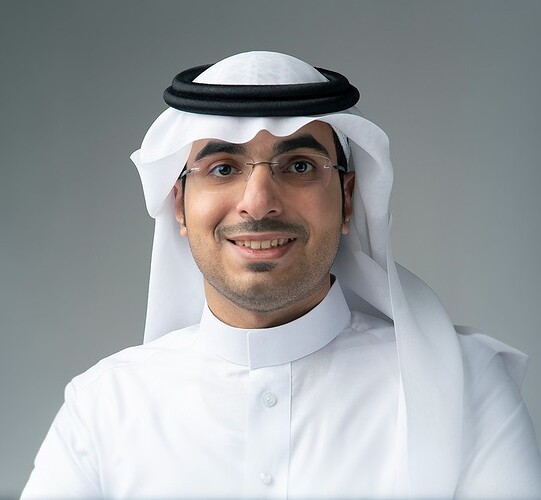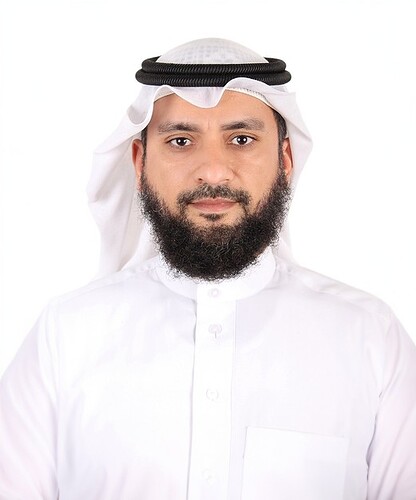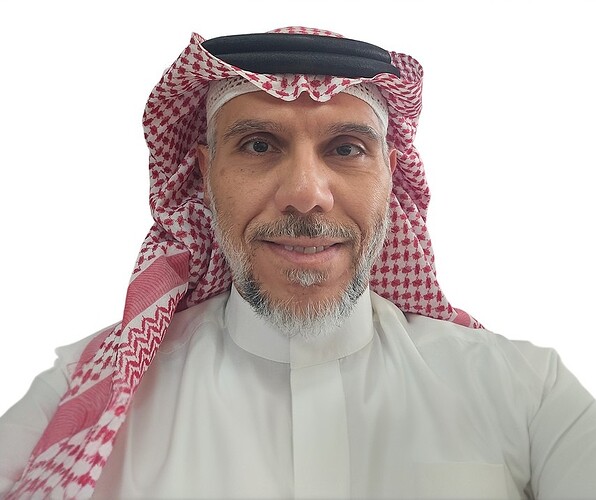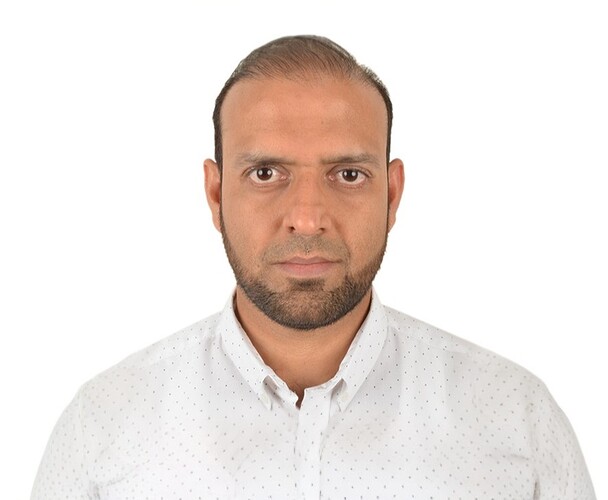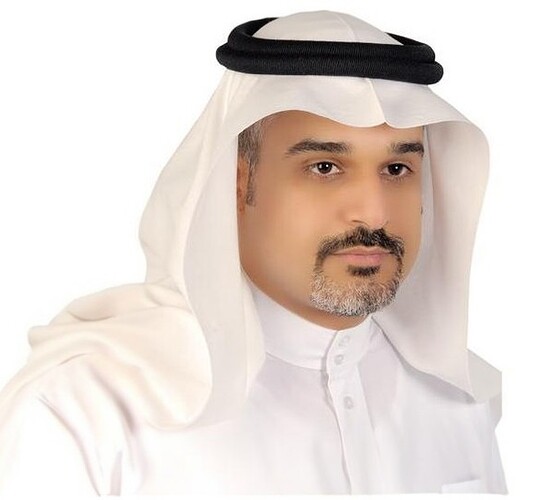Communication Systems Concentration Program
Overview / نظرة عامة
This interdisciplinary program focuses on contemporary and novel topics in communications, for both military and civilian applications, including communication networks and protocols and digital communication systems (including wireless 5G and 6G) in both sub-gigahertz and mm-wave bands. The concentration focuses on all communication layers, starting from the physical and ending with the application layer.
Topics include network architectures, physical layer protocols, digital transmission, data link layer protocols, packet and circuit switching, baseband transmission, performance in the presence of noise, signal-space analysis, modulation schemes, channel capacity, cellular propagation modeling, cellular frequency planning, link control, handoffs, power control, traffic capacity, multiple access techniques, current and future wireless standards, optical communications, passive and active optical components, optical modulation and demodulation, etc.
يُركز هذا التخصص على المواضيع المعاصرة والمبتكرة في مجال الاتصالات، سواءً للتطبيقات العسكرية أو المدنية، بما في ذلك شبكات الاتصالات والبروتوكولات، وأنظمة الاتصالات الرقمية (بما في ذلك الاتصالات اللاسلكية بتقنيتي 5G و6G) في نطاقات التردد دون الجيجاهرتز ونطاقات الموجات المليمترية. يغطي البرنامج جميع طبقات الاتصالات، بدءًا من الطبقة الفيزيائية وصولاً إلى طبقة التطبيقات.
تشمل المواضيع التي يتم تناولها: هندسة الشبكات، بروتوكولات الطبقة الفيزيائية، الإرسال الرقمي، بروتوكولات طبقة ربط البيانات، التبديل بالحزم والتبديل الدائري، الإرسال الأساسي، الأداء في وجود الضوضاء، تحليل الفضاء الإشاري، أساليب التشكيل، سعة القناة، نمذجة انتشار الموجات في الشبكات الخلوية، تخطيط الترددات الخلوية، التحكم في الروابط، الانتقالات (handoffs)، التحكم في الطاقة، سعة الحركة، تقنيات الوصول المتعدد، المعايير اللاسلكية الحالية والمستقبلية، الاتصالات الضوئية، المكونات البصرية السلبية والنشطة، التشكيل البصري وإزالة التشكيل، وغير ذلك.
Application for the Concentration Program
Eligibility Criteria
Requirements:
- Minimum GPA of 2.0 is required for all BSc KFUPM students.
- Students with applied major cannot enroll in concentrations.
- Students who completed (79 – 115 hours).
- Students who finished all junior-level courses of the specific majors are eligible to enroll in the concentration after completing the prerequisites.
Timeline:
- Applications open at the end of the first semester of the Junior year ( around November ) till the middle of the following semester ( around February)
- Applications are reviewed at the end of the second semester or early summer.
Hosting Department:
- Electrical Engineering
For more information about concentration programs, visit the general information page.
To apply for the concentration program, please visit the official application page provided by the university.
Offered To:
| Major | Pre/Co-requisites | Notes |
|---|---|---|
| Electrical Engineering (EE) | EE 315 and EE 370 and [PHYS 305 or EE 340] | - |
Courses in the Concentration
| Course | Course Title | Brief Description | Pre-requisites | Instructors | Average GPA | Notes |
|---|---|---|---|---|---|---|
| EE 400 | Telecommunication Networks | Covers network models, protocols, switching, routing, and security. | EE 315 and EE 370 | Dr. Samir Alghadhban, Dr. Hesham ElSawy | - | - |
| EE 417 | Modern Digital Communication Systems | Digital transmission, modulation, and trends. | EE 315 and EE 370 | Prof. Ali Muqaibel, Prof. Salam A. Zummo | ||
| EE 419 | Wireless Communication | Propagation, fading, diversity, access, and standards. | EE 315 and EE 370 | Prof. Ali Muqaibel, Prof. Salam A. Zummo | ||
| EE 420 | Optical Fiber Communications | Optical fibers, transmission, sources, systems, design. | PHYS 305 or EE 340 | Prof. Khurram Qureshi, Dr. Mohammed Khan |
| Semester | Course 1 | Course 2 |
|---|---|---|
| First Semester (Fall) | EE 420 | EE 417 |
| Second Semester (Spring) | EE 400 | EE 419 |
Special Benefits
-
Hands-on Experience:
-
Industry Relevance:
-
Additional Courses/ Short Courses/ Professional Certifications Taken or Obtained Through the Program:
-
Expos/ Conferences/ Competitions for individuals involved in the program:
-
Softwares and Applications Utilized:
-
Other Benefits:
Resources
- For courses’ study materials click here
Instructors
| Photo | Name | Courses | Office Number | Telephone | Office Hours | Department | Specialization | Taqeem Post | Coordinator | |
|---|---|---|---|---|---|---|---|---|---|---|
| Dr. Mohammad Alhassoun | - | Building 59 Room 2088 | malhassoun@kfupm.edu.sa | 966-13-860 8764 | - | Electrical Engineering | Wireless Communications | Taqeem Post | ||
| Prof. Ali Muqaibel | EE 417 & EE 419 | Building 59 Room 1088 | muqaibel@kfupm.edu.sa | 966-13-860 1595 | - | Electrical Engineering | Communication Channel Characterization | Taqeem Post | ||
| Prof. Salam A. Zummo | EE 417 & EE 419 | Building 59 Room 2086 | zummo@kfupm.edu.sa | 966-13-860 7776 | - | Electrical Engineering | Next-Gen communications | Taqeem Post | ||
| Prof. Khurram Qureshi | EE 420 | Building 59 Room 2100 | kqureshi@kfupm.edu.sa | 966-13-860 3846 | - | Electrical Engineering | Optical Fiber Communications | Taqeem Post | ||
| Dr. Samir Alghadhban | EE 400 | Building 59 Room 0076 | samir@kfupm.edu.sa | 966-13-860 2244 | - | Electrical Engineering | Wireless Communications | Taqeem Post | ||
| Dr. Mohammed Khan | EE 420 | Building 59 Room - | zahedmk@kfupm.edu.sa | 966-13-860 | - | Electrical Engineering | Optoelectronic Devices | Taqeem Post | ||
| Dr. Hesham ElSawi | EE 400 | 966-13-860 | - | Taqeem Post | ||||||
Miscellaneous Information
-
Number of Students in a Single Batch:
-
Information about Previous Batches:
-
Former/Current Students in the Program Contact Information:
-
Interested Companies/ Organizations:
شاركنا تجربتك مع التخصص عبر الإجابة على الأسئلة التالية:
هل ترى أن ما تعلمته في هذا التخصص يتماشى مع أهدافك المهنية؟:
your text
من برأيك يستفيد من دراسة هذا التخصص؟:
your text
ما الأمور التي تمنيت أن يغطيها التخصص أو يتم تقديمها بطريقة مختلفة (مثل المنهج، المواضيع، الاختبارات، المشاريع)؟:
your text
إذا كنت قد تخرجت، هل حصلت على وظيفة بمجال يتعلق بالتخصص المذكور؟ (مع ذكر جهة التوظيف إذا أمكن).
Your text
وبإمكانك ذكر نقاط إضافية :
your text

